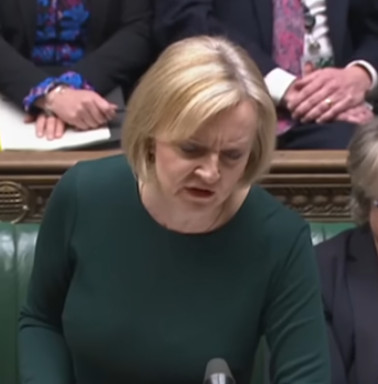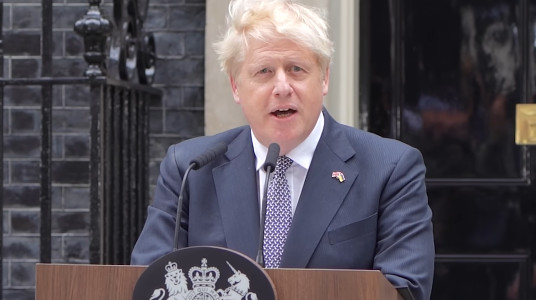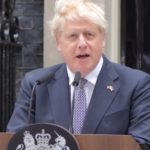 Here is part of that post:
Here is part of that post:
It wasn’t until 25 September 2020*** that he finally understood even vaguely what leaving the Customs Union meant. I will never forget the look on his face when, after listening to Frost in a meeting** on the final stage of the negotiation, he said, ‘No no no Frosty, fuck this, what happens with a deal?’ And Frost looked up from his paper and said, ‘PM, this is what happens with a deal, that’s what leaving the Customs Union means.’ The PM’s face was priceless. He sat back in his chair and looked around the room with appalled disbelief and shook his head. Horrified officials’ phones pinged around the Cabinet table. One very senior official texted me, ‘Now I realise how you managed to get Brexit done 😂’. As Hunter S Thompson said, humour in politics is usually dark.
The full post is worth reading, but it is also deeply alarming.
Continue reading “Did Boris Johnson really understand the consequences of leaving the Customs Union when he promised to “deliver Brexit””
 On 4 November she posted a
On 4 November she posted a 
 In August Liberal Democrat Voice ran
In August Liberal Democrat Voice ran 



 The widespread anger at lockdown-breaking parties at Downing St in May 2020 is justified. But it is also a surprise that anyone is surprised. Johnson’s unsuitability for high office has been obvious (at least) since his time as Foreign Secretary. John Major has described Brexit as “the worst foreign policy mistake of my lifetime”: partygate, serious though it is, pales in comparison beside that.
The widespread anger at lockdown-breaking parties at Downing St in May 2020 is justified. But it is also a surprise that anyone is surprised. Johnson’s unsuitability for high office has been obvious (at least) since his time as Foreign Secretary. John Major has described Brexit as “the worst foreign policy mistake of my lifetime”: partygate, serious though it is, pales in comparison beside that.
 First there was a story that
First there was a story that 